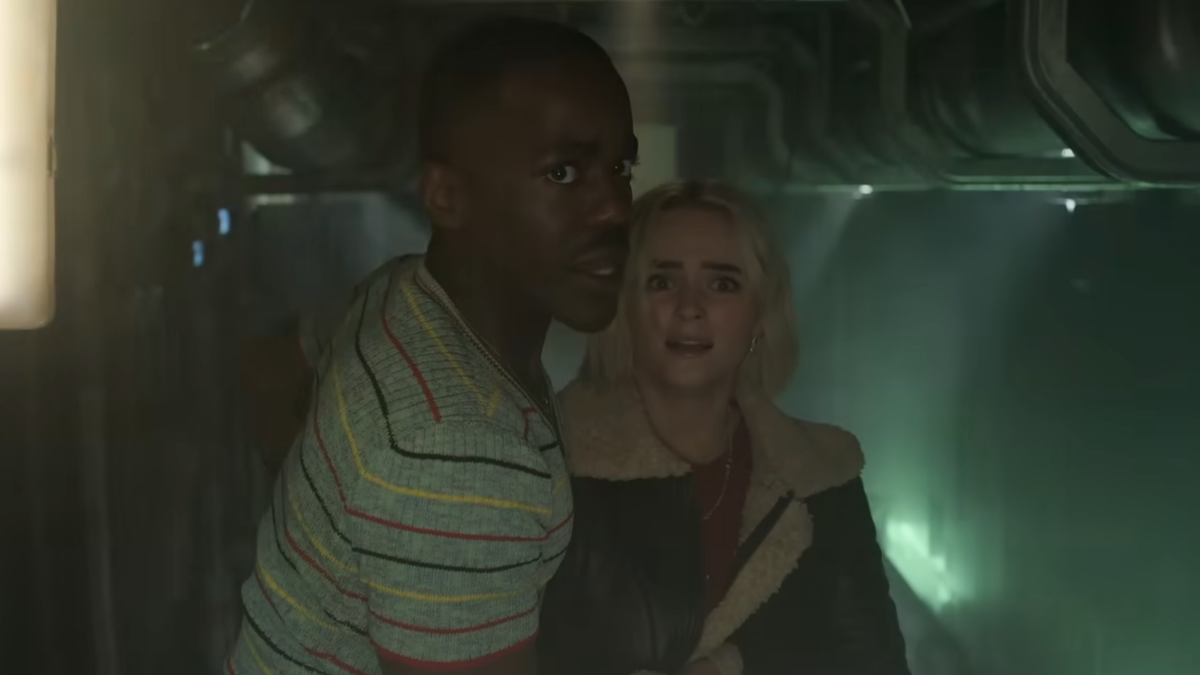The backlash was immediate, but it didn’t stop the BBC from using text generated by LLMs—and purportedly checked and copy-edited by a human before approval—in two marketing emails and mobile push notifications to advertise Doctor Who. But now, the corporation will stop the experimentation entirely after a wave of official complaints pushed them to offer a response to concerned audiences.



Nah, they were lunatics who thought machines would replace them. Guess what, machines are everywhere and people still have a job.
Large-language models and computer tools in general are different to traditional machines, to be fair. For every spinning Jenny that you make, you need people to make it, people to service it, and people to operate it. These people all have jobs now. For every piece of software you make, you only need the one team who originally develops it. From then, it can be replicated endlessly with no extra human input. You also only need one set of people to “service” it (bug fixes, updates etc.) for the entire world, rather than one per factory or workplace
(Also, I disagree with your premise and your assumption that jobs = good, but you probably don’t want to hear about it and I don’t want to type an essay :) )
I can actually agree that jobs = good is not a good metric, it’s just what luddites thought and I didn’t want to be inaccurate.
The rest of your comment I disagree with, I work in software development and it’s simply not true. AI transforms the work people do, it doesn’t replace it, software in general doesn’t replace work, only transforms it.